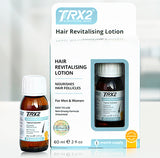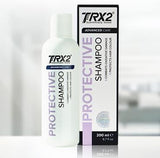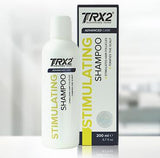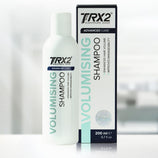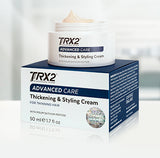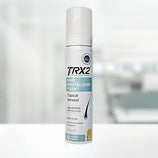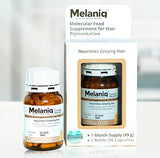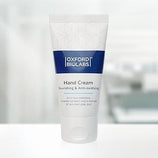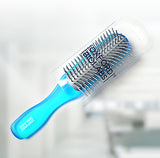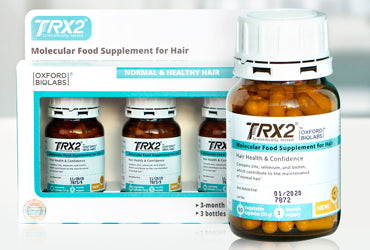Is seasonal hair loss affecting you?
People often set alarm clocks only to wake up a few minutes before the alarm, how is that possible? Just like in a clock or computer, the human body has internal timers and programmes that switch on and off depending on many factors. These factors can be time sensitive, stress sensitive, or pre-programmed to activate at some particular time.
Seasonal hair loss was once considered a myth of sorts. Scientists were torn on whether it was possible to prove, but men and women seem to have known and experienced this type of hair loss before there was concrete scientific proof. Now, science and common belief have become one.
What is seasonal hair loss?
The normal hair growth cycle turns out to have seasonal fluctuations. Extensive research has shown that hair shedding starts to become more noticeable, both objectively and subjectively, in the late summer and early autumn months. What causes these changes is unclear.
Normally, a person loses about 50 to 100 hairs a day. Abnormal hair shedding is often the result of stress factors like:
- Rapid weight loss
- Childbirth
- Illness (especially with high fever)
- Stopping birth-control pills
Does seasonal hair loss affect everyone?
Increased hair shedding in late summer and early autumn can affect men and women of all ages and races, regardless of geographic location. Scientists are stumped as to what the inherent reason for seasonal hair shedding could be. One hypothesis is that hair shedding at the end of summer is a biological mechanism which protects against harmful ultraviolet rays from the summer sun, and offers insulation against the cold winter.
The triggers for starting and stopping this seasonal process are thought to be related to the ambient environment, including the amount of light that enters the eye during the day.

What can make seasonal hair shedding worse?
Hair shedding in late summer and early fall can be made worse by the initial factors that cause abnormal shedding. These include stress, hormonal changes, illness, underlying medical conditions, childbirth, and others.
Researchers from Switzerland investigated the seasonality of hair shedding in healthy women complaining of hair loss, and found that of the 823 women in the study, the most severe seasonal shedding was noticed in women with diagnosed female pattern hair loss. But it is important to keep in mind that the cyclical nature and fluctuations of seasonal shedding were identical in both groups of women, with and without proven pattern hair loss.
Another interesting find in the Swiss study was a second peak in hair shedding, although less pronounced than the post-July shedding, was in April.
When should I worry about seasonal shedding?
If the drain is getting clogged more easily, and it’s impossible to keep up with cleaning brushes almost every day in the late summer months, don’t fret! Generally, hair fully recovers, so there’s no point in buying expensive hair care products. However, to speed up recovery and to support hair’s natural growth cycle, keeping up one’s normal hair regimen is vital.
If the seasonal shedding one experiences was particularly harsh or hair doesn’t recover, it may be a sign of something more serious. In such cases, a visit to a healthcare professional is advised, as underlying medical conditions like thyroid disease have a big impact on the health and strength of hair.
Conclusion
Seasonal hair loss is no longer a myth. Multiple medical studies have confirmed that it is a real phenomenon that affects everyone regardless of hair or skin condition. For doctors, this knowledge may complicate the assessment of hair growth regimen efficacy, possibly causing false negative results in the shedding stage and false positive results in the recovery stage.
The biggest takeaway from knowing seasonal hair loss exists is not making it worse than it should be. That means protecting against UV rays and eating plenty of foods rich in vitamins and minerals. Additionally, a general hair supplement can make a substantial difference by promoting and restoring the normal functioning of hair growth.




